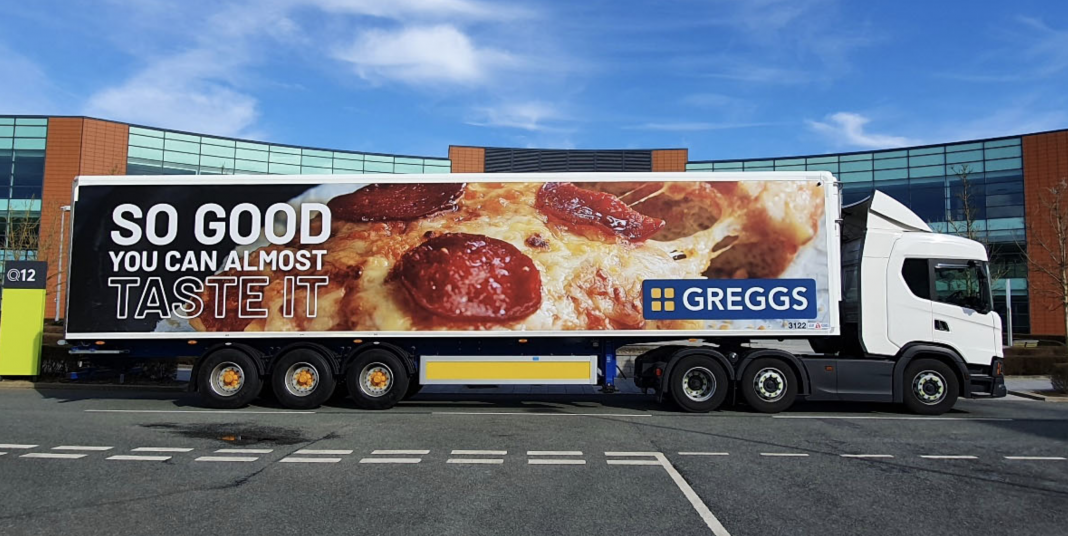Lorry trailers more than two metres longer than the existing maximum size are to be allowed on Great Britain’s roads to support the government’s priority to grow the economy, boost productivity, slash road emissions and support supply chains.
Legislation will be laid before Parliament today to roll out the vehicles on roads from the end of the month.
Subject to the current 44-tonne maximum weight limit, the new lorries will move the same volume of goods, but will use 8% fewer journeys than current trailers. This will generate an expected £1.4 billion in economic benefits and take one standard-size trailer off the road for every 12 trips.
As part of efforts to grow the economy and cut emissions, government is changing regulations to allow longer trailers on GB roads, which it estimates will save 70,000 tonnes of carbon dioxide from being released into the atmosphere.
The development follows an 11-year trial to ensure LSTs are used safely on roads, and operators will be encouraged to put extra safety checks and training in place. The trial demonstrated that LSTs were involved in around 61% fewer personal injury collisions than conventional lorries.
Roads Minister Richard Holden said: “Everyone around the country depends on our haulage sector for their everyday needs – from loo rolls to sausage rolls – and a strong, resilient supply chain is key to the government’s priority to grow the economy.
“It’s fantastic to see this change for our supply chain come into law, resulting in a near £1.4 billion boost to the haulage industry and driving economic growth. Let the good times roll as we reduce congestion, lower emissions and enhance the safety of British roads.”
Operators will be legally required to ensure appropriate route plans and risk assessments are made to take the unique specifications of LSTs into account. In addition to these new legal requirements, operators will also be expected to put in place extra safety checks including driver training and scheduling, record keeping, training for transport managers and key staff, and loading of LSTs.
With over 300 companies in the UK having already taken part in the trial, and almost 3,000 on the road, some of the biggest brands will be rolling out the extended use of these longer semi-trailers including Greggs, Morrisons, Stobart, Royal Mail, and Argos.
Gavin Kirk, Supply Chain Director at Greggs, said: “We welcome the introduction of LSTs into general use. Since 2013, Greggs has been operating LSTs from our National Distribution Centre in Newcastle. We were early adopters of the trial as we saw significant efficiency benefits from the additional 15% capacity that they afforded us.
“We have converted 20% of our trailer fleet to LSTs, which was the maximum allowable under the trial, and these complement our fleet of double-deck trailers. Our drivers undertook additional training to use these trailers and we have monitored accidents, finding that they are as safe as our standard fleet.
“Due to the increased capacity, we have reduced our annual mileage by 540,000km, and saved 410 tonnes of carbon per year from LSTs.”



